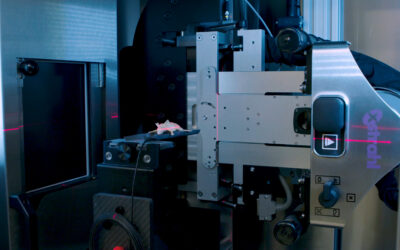The hypothalamus is the central regulator of a broad range of homeostatic and instinctive physiological processes, such as the sleep-wake cycle, food intake, and sexually dimorphic behaviors. These behaviors can be modified by various environmental and physiological cues, although the molecular and cellular mechanisms that mediate these effects remain poorly understood. Recently, it has become clear that both the juvenile and adult hypothalamus exhibit ongoing neurogenesis, which serve to modify homeostatic neural circuitry. In this report, we share new findings on the contributions of sex-specific and dietary factors to regulating neurogenesis in the hypothalamic mediobasal hypothalamus, a recently identified neurogenic niche. We report that high fat diet (HFD) selectively activates neurogenesis in the median eminence (ME) of young adult female but not male mice, and that focal irradiation of the ME in HFD-fed mice reduces weight gain in females but not males. These results suggest that some physiological effects of high fat diet are mediated by the stimulation of ME neurogenesis in a sexually dimorphic manner. We discuss these results in the context of recent advances in understanding the cellular and molecular mechanisms that regulate neurogenesis in postnatal and adult hypothalamus.
Daniel A. Lee, Sooyeon Yoo, Thomas Pak, Juan Salvatierra, Esteban Velarde, Susan Aja, and Seth Blackshaw
Download Paper
XBeam V2: FDA-Approved Treatment Planning Software
The Fastest, Safest Way to Plan Superficial & Orthovoltage Treatment XBeam V2 is the revolutionary, FDA 510(k)-cleared dose planning software designed to automate planning, eliminate risk, and seamlessly integrates with the Concerto system, Xstrahl’s...







